Our body needs many vitamins and minerals every day to function normally. If any vitamin is deficient, it can lead to significant health problems. Today we will focus specifically on vitamin B8 and explain what it is, for which processes it is important and what its deficiency in the body can lead to.
This vitamin is also called inositol. It is a vitamin-like component that is to some extent produced by our body itself. 80% of the amount of vitamin B8 is produced independently in the body.
This vitamin was discovered for the first time in a study conducted by a Russian scientist named Paladin back in 1895. The first name of this vitamin was phytanic acid, which name is still used nowadays.
Vitamin B8 is dissolved in water, as are all B vitamins. Water-soluble vitamins differ greatly in structure from fat-soluble vitamins. Vitamin B8 is necessary for the good functioning of the nervous, excretory and reproductive systems, as well as for maintaining normal blood pressure, also for protecting our cells from harmful elements and thus protecting them from damage.
It is mostly concentrated in the cell membranes of nerve cells in the body. Thanks to its presence in our body, nerve impulses are transported correctly, which means that it plays a very important role in the functions of the nervous system.
Vitamin B8 supports the correct exchange of substances in our body and more specifically the fats in the body. Thanks to it, the synthesis of phospholipids becomes much easier. They are a type of lipids that are built on the basis of glycerol. This vitamin helps for better muscle and brain activity.
It also, as we said, helps the normal functioning of the reproductive system, because in both women and men, fertility has a very large relationship with the presence of this vitamin in the blood. It supports the proper division of eggs in women. Significantly increases the quality and quantity of sperm in men.
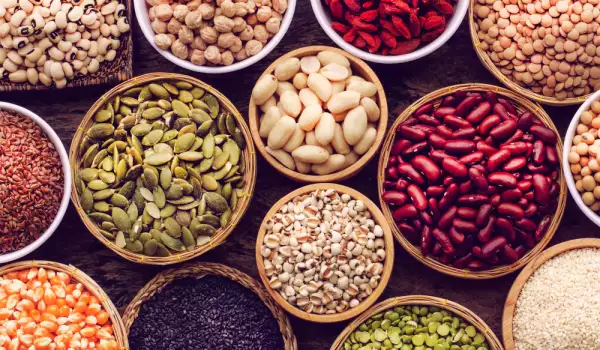
If you are deficient or deficient in vitamin B8, you may have the following symptoms: lack of energy, dermatitis, muscle pain and cramps, loss of appetite, circulation problems, increased cholesterol above the normal level in the blood /above 7.3 millimoles/, hair loss.
And here's how you can get it - by eating foods with inositol: legumes and wheat, raw nuts, citrus fruits, honey, sesame tahini, cabbage, carrots, peas, tomatoes, spinach, potatoes, watermelon, papaya, cauliflower, avocado, mushrooms, caviar and some seafood delicacies, black bread, etc.

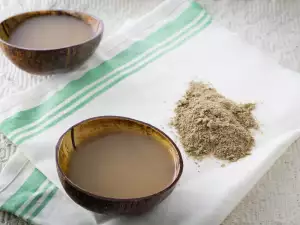
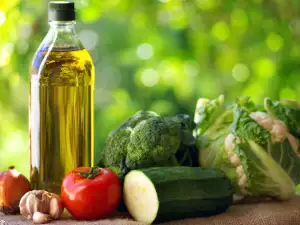




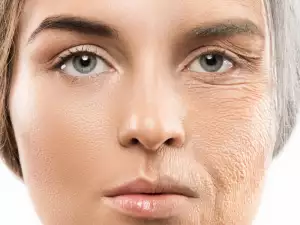


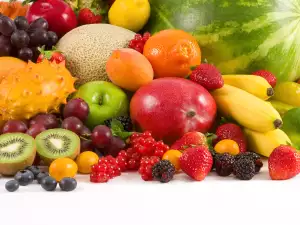

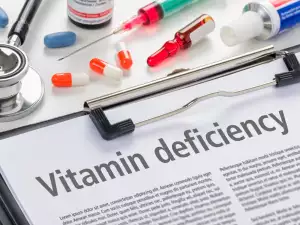







Comments